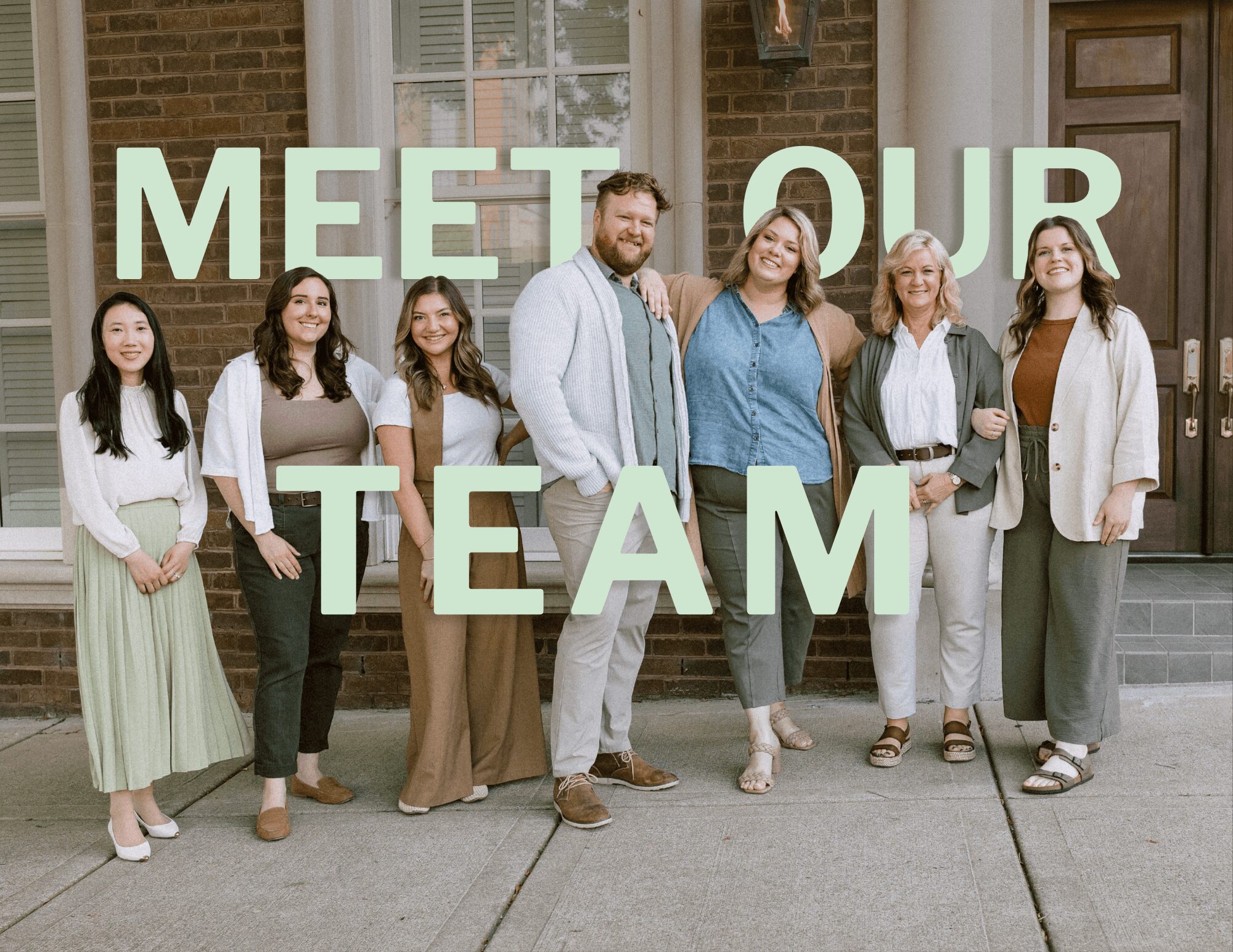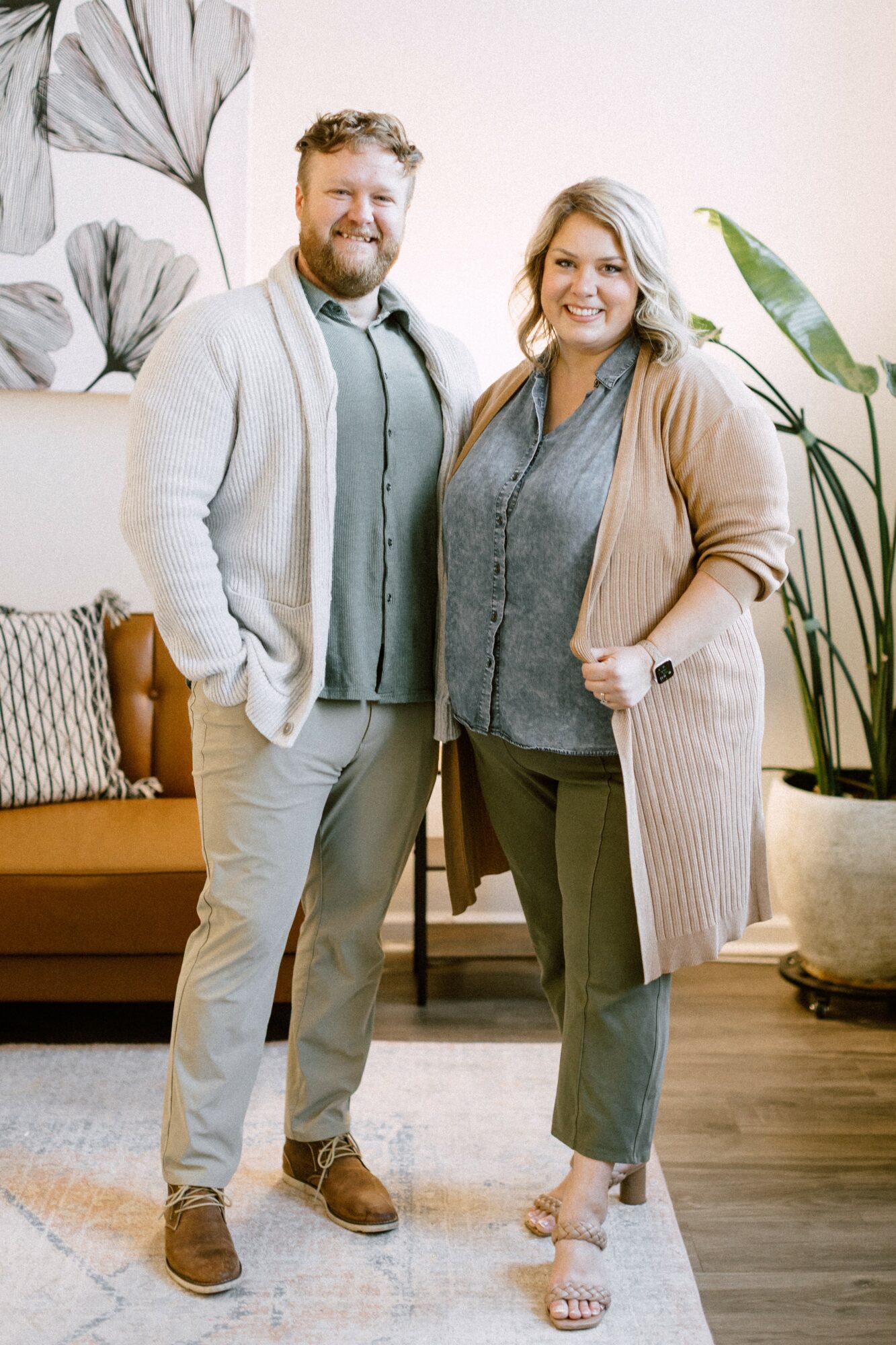

We recently had the chance to connect with Kaylin Lawrence & Dakota Lawrence and have shared our conversation below.
Hi Kaylin & Dakota, thank you so much for joining us today. We’re thrilled to learn more about your journey, values and what you are currently working on. Let’s start with an ice breaker: What are you most proud of building — that nobody sees?
Our businesses are obviously public facing, but what we feel like we’re actually building is a sense of community and a legacy for our daughter. No matter what she grows into, we hope that what we have built will support her on her life’s journey.
Can you briefly introduce yourself and share what makes you or your brand unique?
In 2016, we moved to Nashville to attend graduate school. Kaylin went to Belmont University for her Master’s in Occupational Therapy and Dakota went to Vanderbilt University for his Master’s in Human Development Counseling. We fell in love a second time: with the Middle Tennessee Community.
After graduation in 2016, we each began our careers anew. Kaylin developed the first occupational therapy program of its kind in the entire nation by implementing OT services in a recovery court setting. Dakota began an interdisciplinary practice, seeing mental health clients in a medical setting. It was in these places that we ran into the same problem. Health professions traditionally exist in silos: isolated from one another and deeply specialized. This isn’t inherently a bad thing, but it means that important pieces of our clients overall healthcare slipped through the gaps between services. So an idea was born: to offer mental health services that spanned the space between mental and physical domains. OT is often utilized in a physical health setting and counseling is primarily utilized in a mental health setting. By combining and collaborating, we weave together a safety net. Mind The Gap was developed from this and established in 2022.
Today, we have been fortunate to experience amazing growth allowing us to expand our practitioners and diversify our clinical offerings to include groups and individual services all the way to contracts with non profit agencies in our community to help fill gaps in their programs.
And then another idea was born through the need for quality clinical education and consultation, so we recently launched FoundBetween Training Institute. Focusing on the needs of clinicians and agencies working hard in our community and across the nation to address the needs and mind the gaps of their communities.
Amazing, so let’s take a moment to go back in time. Who taught you the most about work?
We both come from incredibly hard working parents. Kaylin comes from many generations of farmers from the Midwest, while Dakota’s parents never shied away from long hours and holding multiple jobs. Both of our families of origin worked hard to provide us with every opportunity they could. That taught us that working hard for each other and our little family is the most valuable thing we can do.
Was there ever a time you almost gave up?
The year before starting Mind The Gap was one of the hardest years of our life. We were met with countless hurdles, heartache, and loss. We were both working for the same company, and quite frankly, that company was failing. Despite pouring everything we had into trying to help them turn things around (including taking a big pay cut to help them stay afloat) we came in one Monday morning and were told we no longer had jobs. It was a devastating blow that should have knocked us down. Instead, by Friday of that same week we launched Mind The Gap and took off running. Despite the heartache, we learned A LOT. Specifically how not to treat your most valuable assets, your employees and your clients. Sometimes being pushed off a cliff is just what you need.
Alright, so if you are open to it, let’s explore some philosophical questions that touch on your values and worldview. Is the public version of you the real you?
Yes, and no. As mental health clinicians, we often have to be a ‘blank slate’ for our clients. Client’s are coming in to work on very personal or vulnerable life issues and it’s our job to clear our own ‘stuff’ out of the way to hold space for whatever it is our they may be going through. Our clients don’t know much about our personal lives: our families, our history, our hobbies
That being said, another critical requirement of this profession is that we show up authentically in the room with those we work with. Healing happens in connection, and connection can’t happen when you’re pretending to be someone that you’re not.
Okay, so before we go, let’s tackle one more area. What do you understand deeply that most people don’t?
That growth IS loss. People come to therapy when the pain of remaining the same outweighs the pain of change. Change is the main commodity in our industry, it’s what clients come to our office in search of. As part of our “informed consent” process (orienting clients to the risks and benefits of therapy), we tell them that change is possible, but change often has “ripples”. Changes for the individual often result in changes in their relationships, changes in their jobs, changes in the systems their apart of
Clients are often surprised that grieving is the final task of therapy. In order to grow, heal, and change we lose things that are important to us: sometimes people, sometimes roles or jobs, sometimes parts of ourselves. Even if these changes are ‘healthy’ or ‘for the better’, it’s still a loss. There’s great beauty in that, but also deep sadness. It’s our job to help clients make space for both.
Contact Info:
- Website: https://www.mindthegaptn.com
- Instagram: https://www.instagram.com/mindthegaptn/
- Facebook: https://www.facebook.com/p/Mind-The-Gap-TN-100085667221861/














